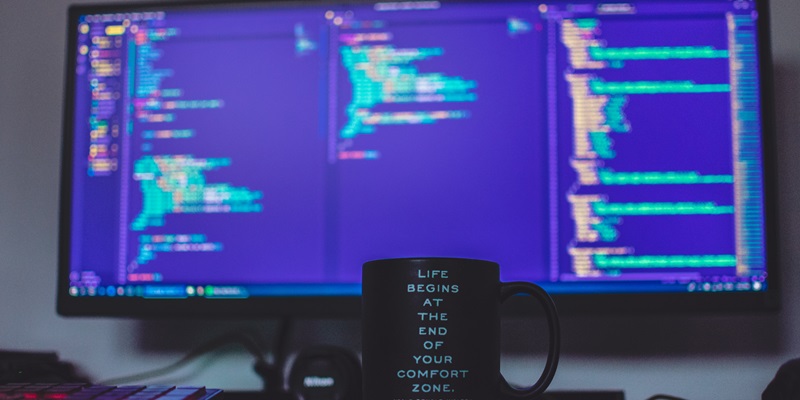As technology advances at an exponential rate, the role of artificial intelligence (AI) in the field of software development has become a topic of significant debate. A recent report from CoderPad, titled “State of Tech Hiring 2024,” delves into the perceptions and attitudes of developers towards AI. With optimism and eagerness on one hand, and mistrust and resistance on the other, developers find themselves in a complex relationship with AI technology.
Developers’ Optimism and Eagerness towards AI
According to the CoderPad report, a considerable majority of developers (70%) believe that AI will have a positive impact on their workload. They firmly believe that AI has the potential to reduce their work burden, allowing them to focus on more creative and high-level tasks. Additionally, 60% of developers expressed their desire to incorporate AI more extensively into their day-to-day work. Their optimism stems from the benefits identified in AI-assisted tools, including code assistance, learning and tutorials, auto-completion, code generation, and documentation and API support.
Lack of Trust and Resistance towards AI
Despite the prevailing optimism, the report reveals that a significant portion of developers (29%) do not trust AI. This lack of trust reflects concerns about the reliability and efficiency of AI tools. Moreover, nearly 28% of developers reported that their employers are against the use of AI in their work, further hindering their acceptance and adoption of AI technology. This resistance to AI underscores the need for further education, awareness, and transparency surrounding the benefits and limitations of AI in software development.
Perception of AI as Cheating and Ethical Concerns
Interestingly, the report also highlights a surprising sentiment among developers. One-third of developers perceive the use of AI during interviews or technical tests as cheating, raising important ethical questions about the role of AI in hiring processes. This perception resonates with concerns regarding fairness and bias in AI algorithms used for candidate evaluation. As the industry continues to grapple with the ethical implications of AI incorporation, finding the right balance becomes crucial.
Survey Findings and Data
The credibility of the CoderPad report stems from its vast scope, which includes inputs from over 13,000 developers across 149 countries. This comprehensive approach ensures that the findings present a holistic view of developers’ opinions and attitudes towards AI in the tech industry. Therefore, the report offers invaluable insights for stakeholders who wish to understand and address the challenges surrounding AI adoption and integration.
Developers’ Career Goals and Job Security
In addition to developers’ perceptions of AI, the report sheds light on their career aspirations and concerns. Notably, 36% of developers express a lack of interest in taking on managerial responsibilities, revealing a preference for staying focused on technical aspects. Furthermore, the survey reveals growing apprehension among developers regarding job security, with 21% feeling less secure compared to the previous year (compared to 17% in the prior survey). A considerable 50% of developers admit to contemplating leaving their current jobs within the next twelve months, indicating potential challenges for organizations in talent retention.
The CoderPad report provides valuable insights into the dynamic relationship between developers and AI in the tech industry. While the majority of developers are optimistic about the potential of AI to reduce their workload and enhance their work experience, a significant portion harbors doubts and reservations. Addressing these concerns is critical to foster trust and maximize the benefits of AI adoption. Moreover, the report underscores the urgency for organizations to prioritize talent retention strategies and provide job security to their valuable developers. In order to shape the future of tech hiring, leaders need to facilitate open dialogues, invest in education and training programs, and promote the ethical and responsible use of AI. By doing so, employers can create an environment where developers can embrace AI as a powerful tool rather than a source of uncertainty.

